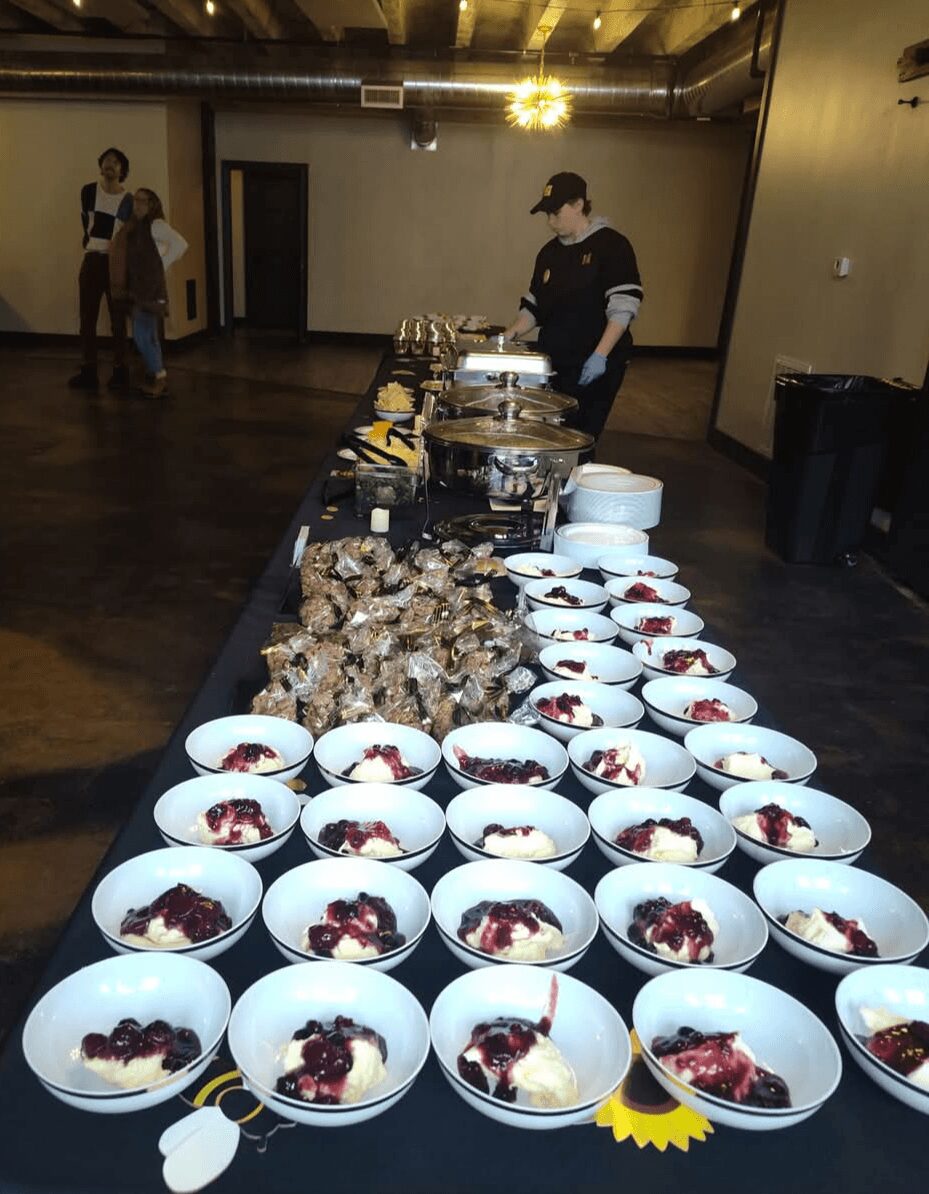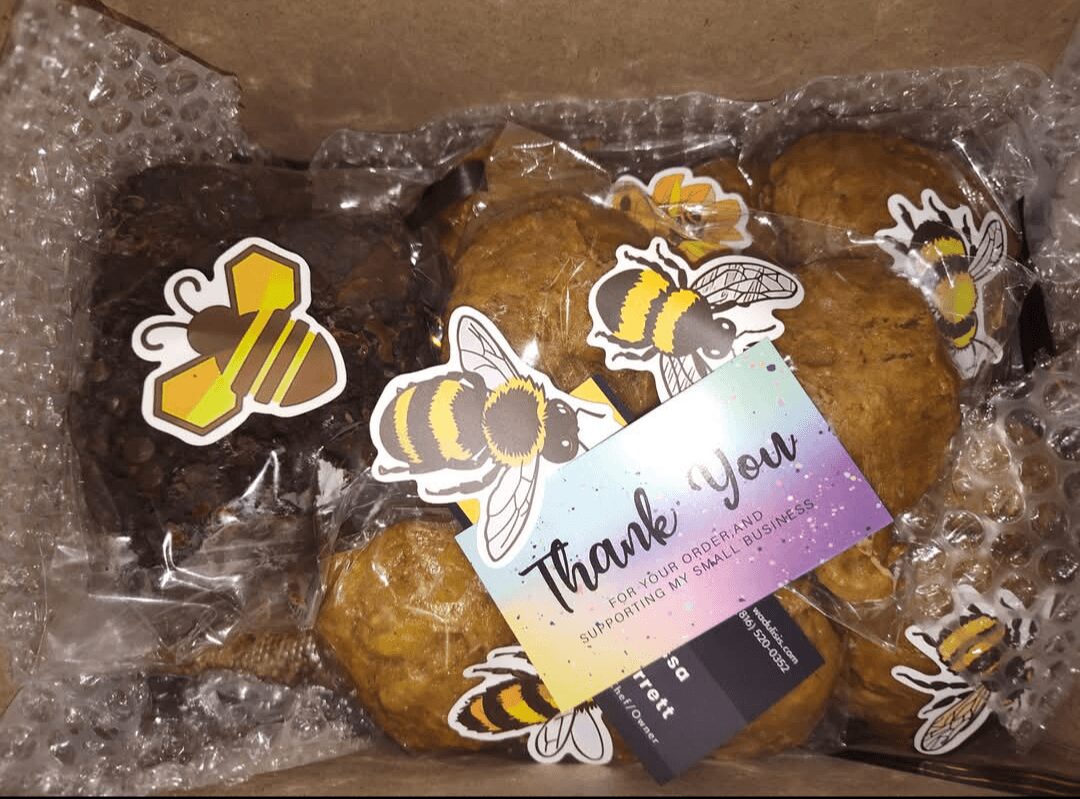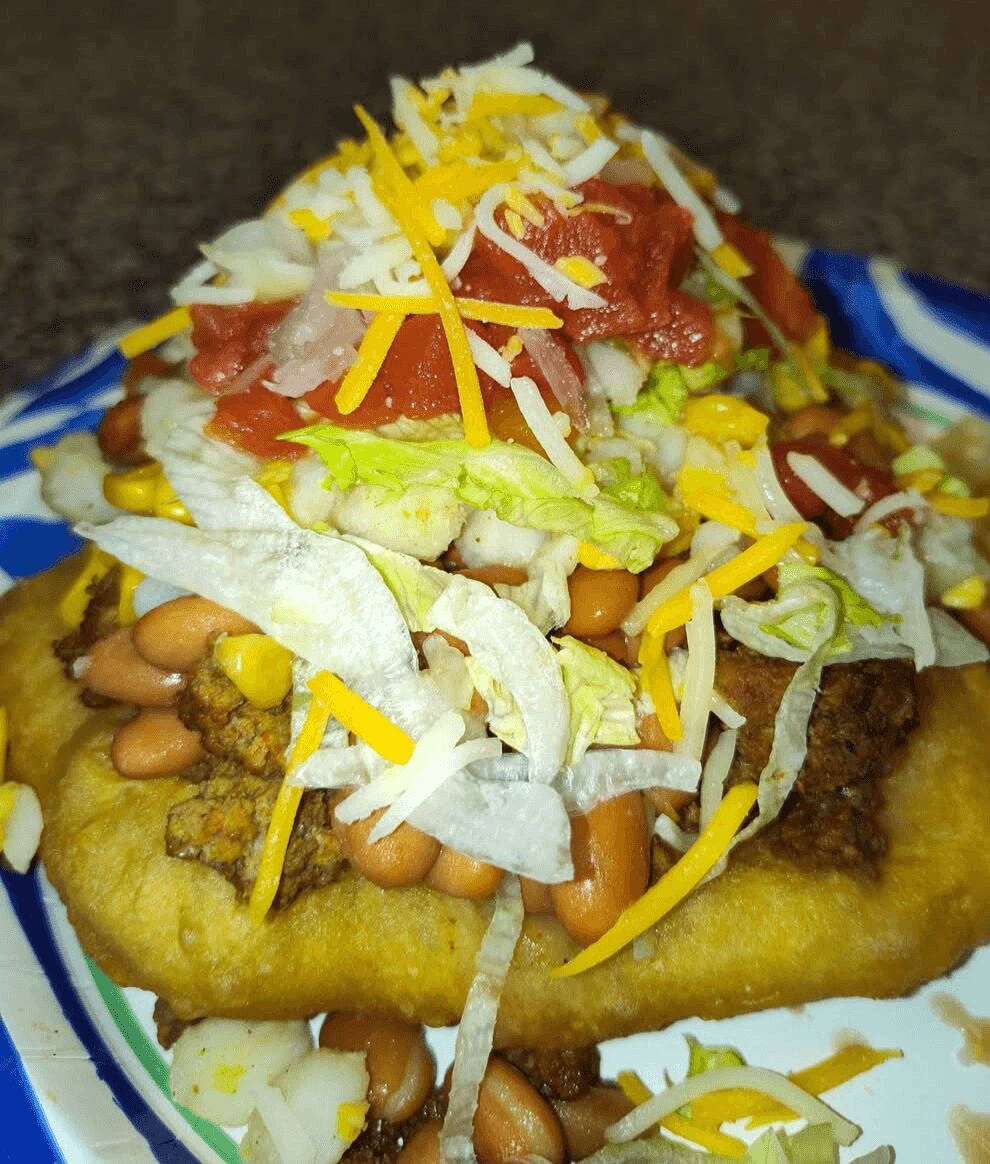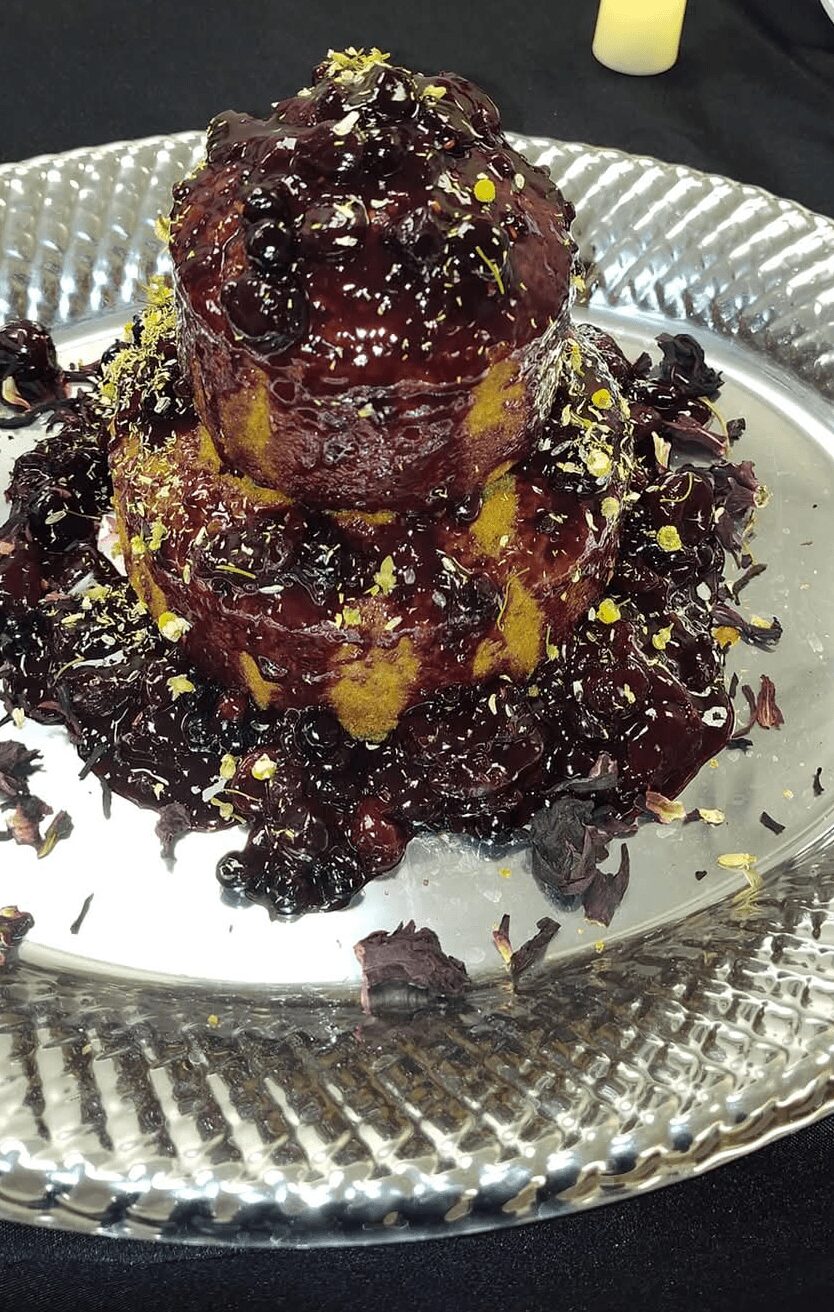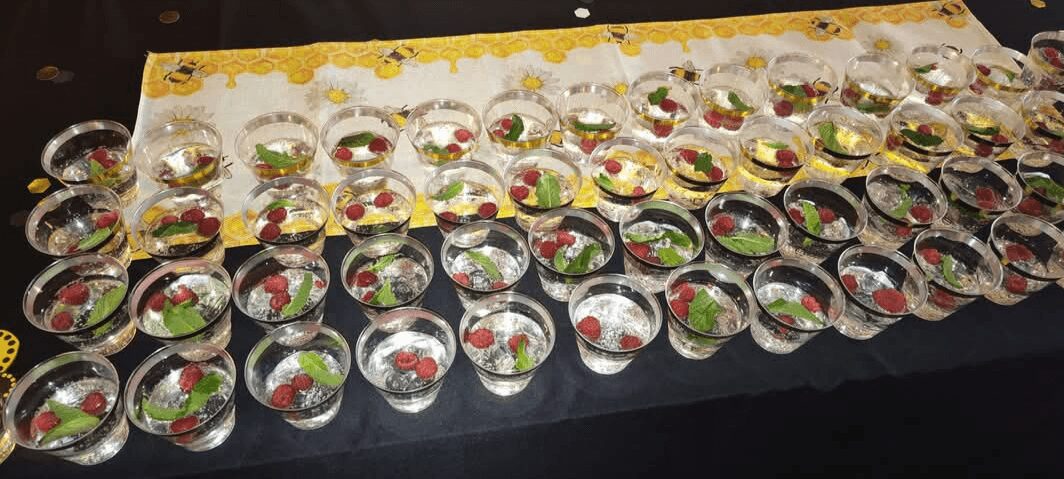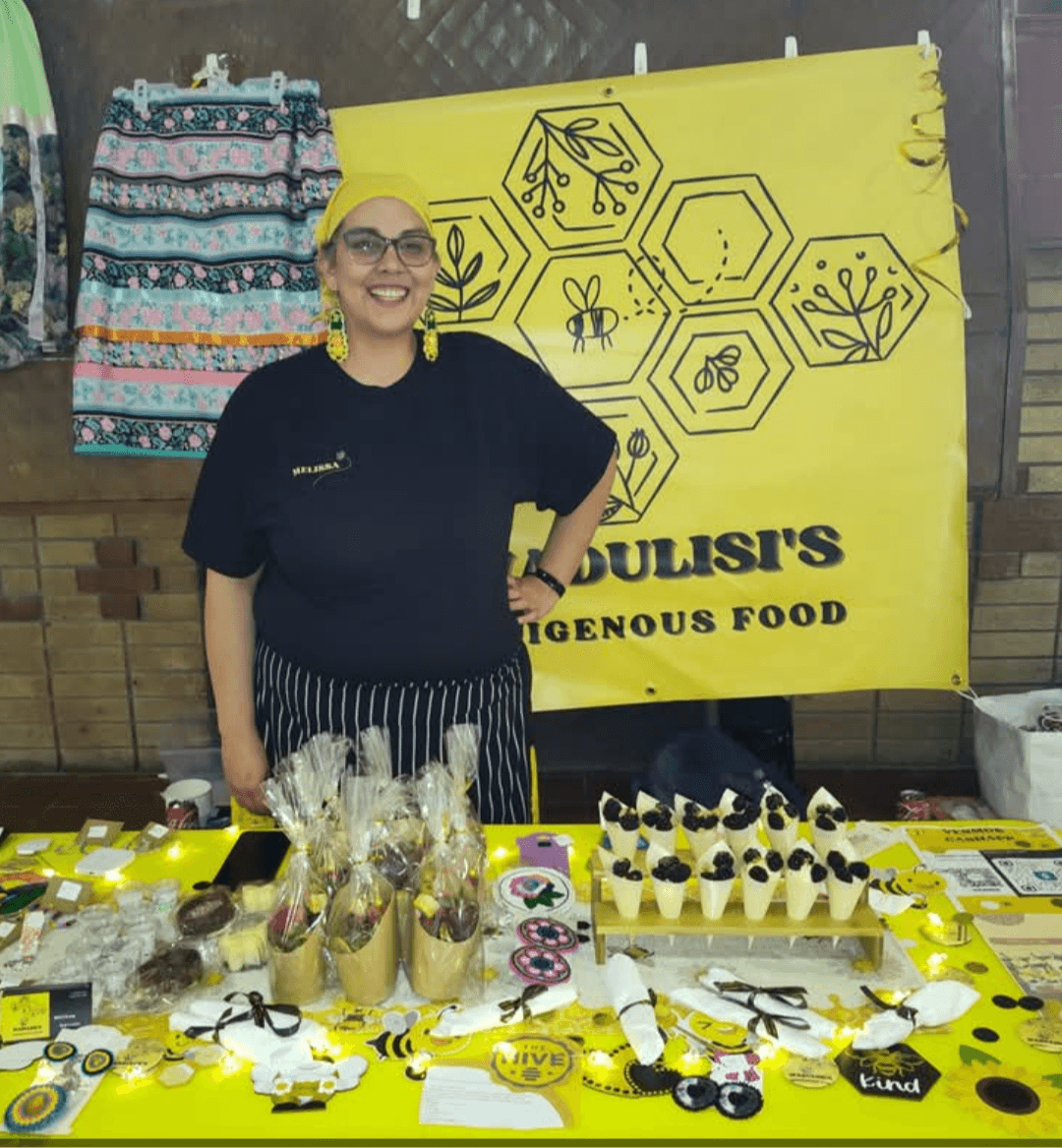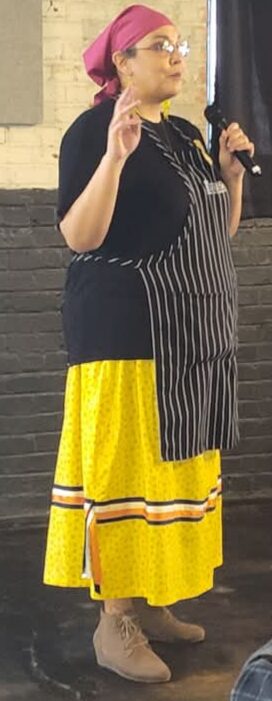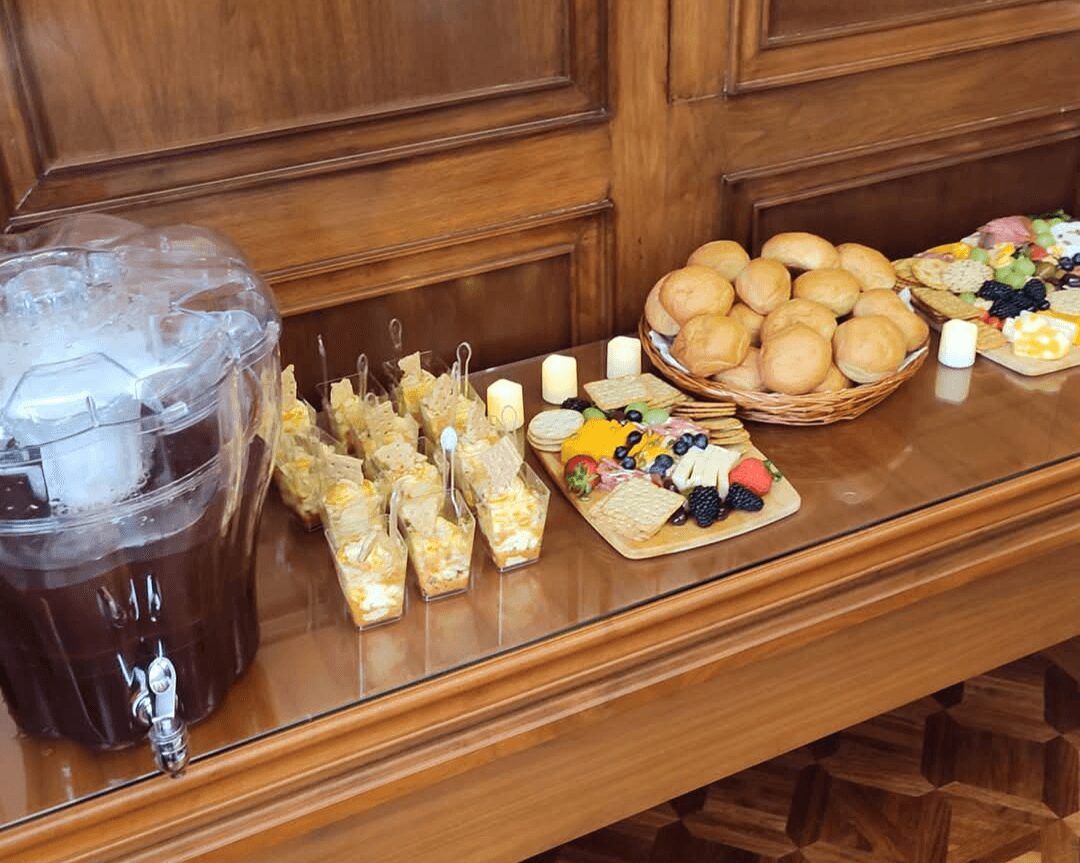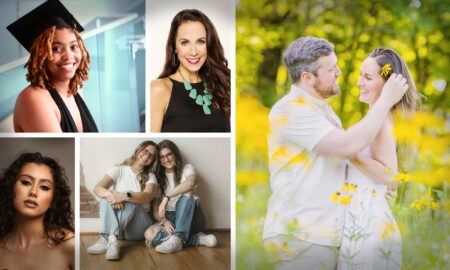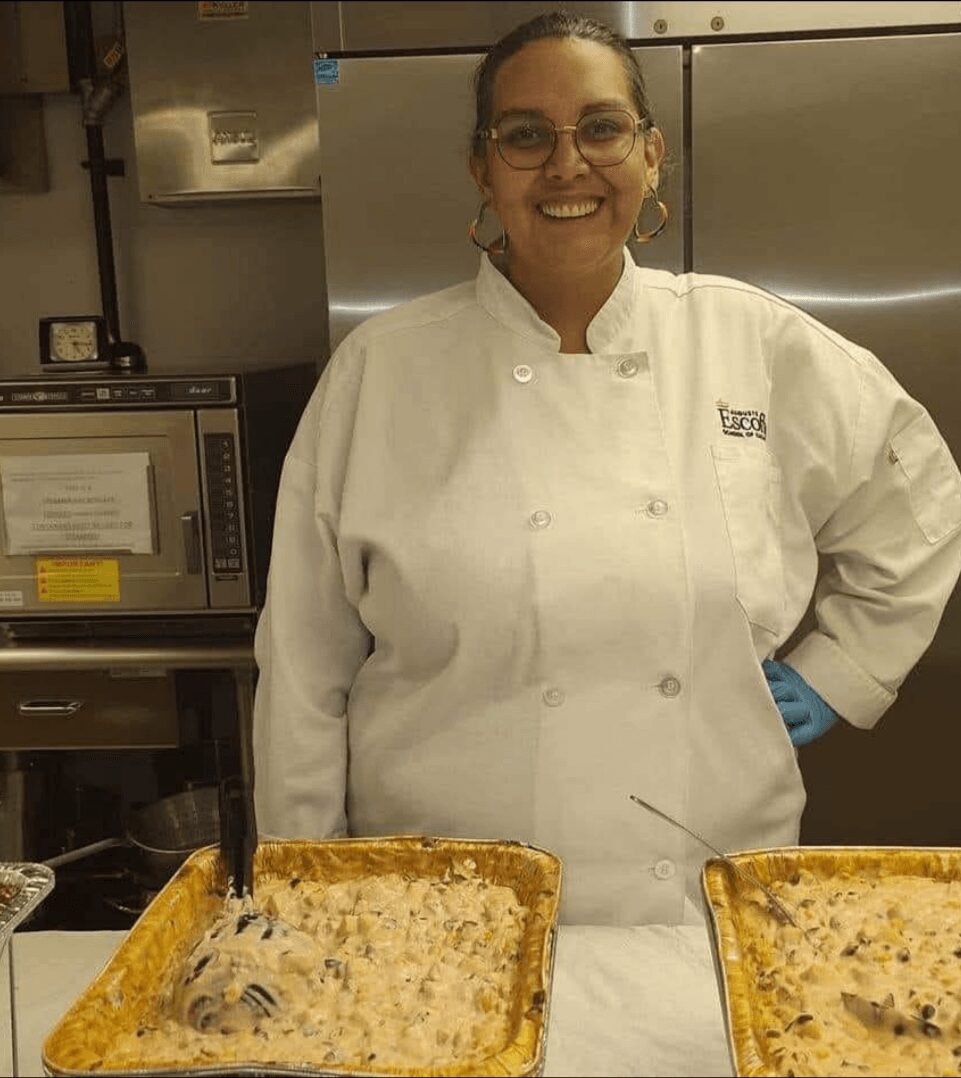

Today we’d like to introduce you to Melissa Garrett.
Hi Melissa, please kick things off for us with an introduction to yourself and your story.
My story doesn’t begin with me. It begins generations before me, in the hands of people who survived impossible systems and still managed to protect our culture.
My grandfather, William Conner Sr., was a survivor of the Carlisle Indian Industrial School, one of the most notorious institutions of assimilation in U.S. history. He endured that experience and graduated—a symbol of strength in a place designed to erase who he was. According to his obituary, he even played football alongside Jim Thorpe, one of the greatest Indigenous athletes in history.
But through deeper research and Carlisle records, we discovered that he was also a veteran of both World War I and World War II. Carlisle—and other boarding schools—functioned as pipelines into military service. Native boys were often filtered directly into the U.S. Army. My grandfather didn’t just survive forced assimilation—he was also sent to war, twice. And he came home. He passed on a legacy of survival and strength that I carry forward in every step I take.
On the other side of my family, my great-great-grandfather, Tom Handle, was one of the last Nighthawk Keetoowah traditionalists in Jay, Oklahoma. As a protector of language, ceremony, and culture, he stood firmly against assimilation. His resistance wasn’t just defiance—it was cultural preservation in its purest form. I carry that same flame with me.
I am a second-generation storyteller, a gift passed down from my father. One of our final conversations was about the importance of preserving culture. My mother, an educator, taught me how to use knowledge as a tool to fight racism and ignorance. Together, they shaped the way I approach leadership, advocacy, and healing.
My grandmother taught me the power of food—how it tells stories, holds memory, and brings people together. And my Aunt Terri Dryer continues to support and encourage me at every step, especially after the loss of so many elders in my life. She reminds me that even in grief, we are not alone.
From this legacy, I started Carefree Creations, my first creative venture. It began with jewelry and handmade artwork that honored my culture and identity. That journey eventually evolved into Wadulisi’s LLC.
The name Wadulisi means honey bee in Cherokee. It represents resilience, community, nourishment, and hard work. Just like the bee pollinates to sustain life, Wadulisi’s works to nourish our communities through Indigenous food, cultural education, and storytelling. Our meals are not just food—they are medicine, tradition, and survival. We teach through our food, preserving recipes, educating schools and communities, and reconnecting people to Indigenous foodways through every bite.
As Wadulisi’s grew, so did the need for a broader space—a place to hold community work, education, and food sovereignty in one collective vision. That’s how The Hive: The Indigenous Collective was born.
THE HIVE stands for:
Truth, Humility, Empowerment, Honesty, Indigenous Values, and Equity—
a set of principles drawn directly from the Seven Sacred Teachings: Wisdom, Love, Respect, Bravery, Honesty, Humility, and Truth.
The Hive focuses on food sovereignty, urban Indigenous access, and cultural education—with a commitment to support Indigenous artists, storytellers, chefs, and educators. Our goal is to ensure Indigenous knowledge holders are respected, paid, and uplifted as we build collective healing and empowerment.
Right now, we are preparing to officially launch The Hive. We plan to submit our 501(c)(3) application by the end of April, and begin offering digital programming shortly after. We’re starting with very little to no budget, but we are determined. We’re actively partnering with local groups, building awareness, and laying the groundwork for bigger initiatives es like a community space, regalia closet, educational workshops, and food sovereignty projects.
This work is more than an idea—it is the continuation of a promise:
To feed our people, honor our ancestors, and protect the next generation.
I’m sure it wasn’t obstacle-free, but would you say the journey has been fairly smooth so far?
There have been many—and they’ve shaped every step of my journey.
Since 2017, my husband and I have faced significant challenges, including financial hardship, disability, and personal loss. We’ve both dealt with long-term health conditions, which impact how we work and live every day. Despite that, we’ve held tightly to our vision and to each other. We’ve been trying to build our own business for years—not just for income, but for sustainability, autonomy, and community. My husband is my constant support system. He acts as my back so I can lead, serve, and show up in the ways I need to—for my family and my community.
On top of the physical and financial struggles, we’ve experienced deep loss. I’ve lost many elders, including my bonus mom, and members from both sides of our family. These weren’t just loved ones—they were living libraries of knowledge, stories, and cultural teachings that are now gone. That grief drives my urgency to preserve and pass on what I can while I still can.
I’ve also seen how this struggle is generational. When my daughter was bullied for her Native heritage, it lit a fire in me to push harder on the education piece. I didn’t want her—or any other Indigenous child—to grow up disconnected, ashamed, or erased. That moment was a turning point for me as both a mother and a cultural worker.
Even with all of these challenges, we’ve remained rooted in the community. We’ve donated time, labor, food, and knowledge. We helped the Heart of America Indian Center bake pies for their Thanksgiving boxes. We’ve done cooking demonstrations with the Kansas City Museum. I’ve shared my work through interviews and features—including Working Capital on KTWU earlier this year.
But beyond all that, the most important thing is this:
We keep showing up.
We’re not doing this for recognition—we’re doing it because it’s who we are. We’re doing it for our ancestors, for our kids, and for the next generation who deserves to grow up with access to their culture, their food, and their stories.
Appreciate you sharing that. What should we know about Wadulisi’s LLC and The Hive: The Indigenous Collective ?
Wadulisi’s LLC – More Than a Food Business
Wadulisi’s isn’t like most catering companies or pop-up kitchens. Our food is culturally rooted, story-driven, and community-centered. Every recipe reflects Indigenous foodways, ancestral memory, and modern creativity. We’re not just feeding people—we’re teaching, preserving, and reconnecting through every plate.
We offer dishes like:
Three Sisters Soup made from a traditional pumpkin base
Buffalo hash with roasted squash
Grape dumplings and fry bread
Whipped cheesecake bites served in wooden cones
Wild rice casseroles, charcuterie cups, and wojapi vinaigrette salads
Whether it’s a school demo, a formal event, or a pop-up, Wadulisi’s serves food that tells a story and brings people home.
—
The Hive: The Indigenous Collective – A Movement for Reconnection
The Hive: The Indigenous Collective is the nonprofit branch of our work, designed to address the larger cultural gaps in food access, education, and Indigenous visibility—especially for urban Native families.
THE HIVE stands for:
Truth, Humility, Empowerment, Honesty, Indigenous Values, and Equity—
all rooted in the Seven Sacred Teachings that guide Indigenous life and leadership.
Our goals include:
Launching digital cultural programming accessible to all
Building partnerships with local organizations for shared impact
Creating spaces for regalia support, storytelling circles, community gardens, and eventually, a permanent Indigenous-led cultural hub in Kansas City
We’re starting with a small budget but a big vision—and every step we take is grounded in community care and intergenerational healing.
What were you like growing up?
I grew up in sugar Creek Missouri in a very small town with my family we were very close. I grew up with several Cherokee speakers even though I myself am not one I am taking Cherokee classes now. I loved the Lord of the rings dragon Ball z and sailor Moon. I loved listening to music with my dad and hanging out with my grandma most of all. I was homeschooled so one of my other favorite pastimes was going to the skating rink with one of my best friends.
However I spent so much time with my grandma that I learned how to whistle before I learned how to talk because we spent so much time together when I was growing up. She taught me so much about cooking and gardening and being a Cherokee woman. I also spent a lot of time with my maternal grandmother learning how to bake pies and use apples in several different ways as we went to the apple orchard every year. I used to love spending time baking with my mom since she worked a lot this was one of our favorite pastimes. The kitchen has always held fond memories for me ❤️
Contact Info:
- Website: https://wadulisis.com/
- Instagram: https://www.instagram.com/wadulisis
- Facebook: https://www.facebook.com/share/1FPXGG9QUm/
